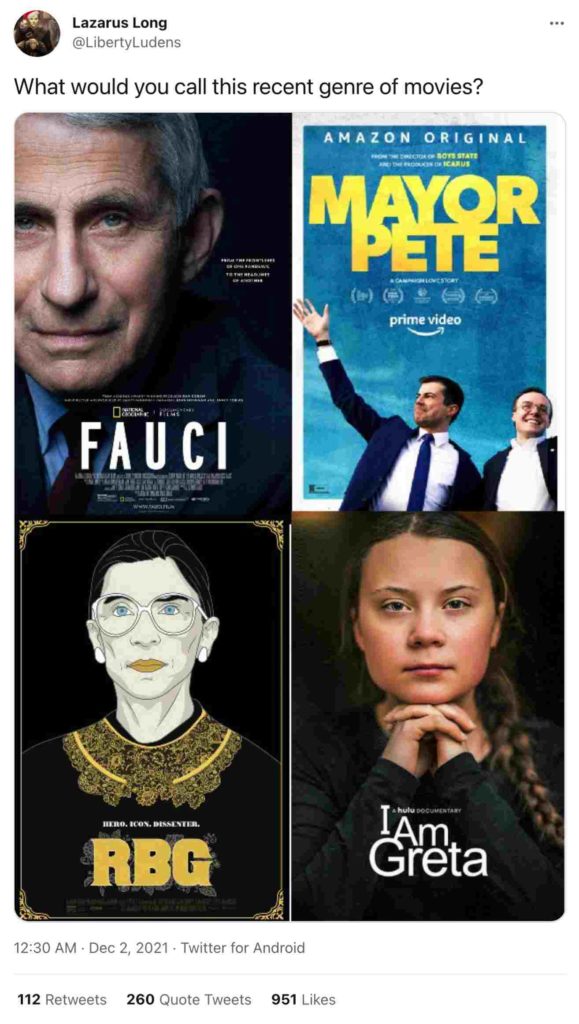Via Insty, here’s another piece about how today’s movies suck, from a sound perspective. (The article is only listed as “Updated Sep 22, 2022”, so it may actually be a rewrite — and a lot of it seems familiar.)
I was going to comment on it in a post, but a lot of what I planned to write seemed awfully familiar to me. And somewhere in my broken memory, I remembered that I’d already done just that, in Mumbles In The Darkness earlier in June of this year.
So that’s my comment.
Which leads me to a tangential thought. In looking to see whether I had written on the topic earlier, I used the “Search” function on this very web site, to the right of the page, just under the header.
All I did was type “movie” in the search bar, and a veritable timeline of my writings on the topic followed.
And I found myself wasting spending the next hour or so re-reading some of my old posts, and apart from anything else, I was amazed at how little my opinions have changed (not too surprising, considering the writer, but still).
Here’s a thought. If ever you’re horribly bored with life, are sick of playing on the Internet but couldn’t be bothered to get out of your chair, type in a random topic (e.g. “rifle”, “travel”, “Colt” or “socialist” and so on), and go back in time to see what I’ve written on the topic.
As journeys go, it’s cheaper than driving or going to the range (!!!!!!). As to how much you might enjoy it, I make no comment.







